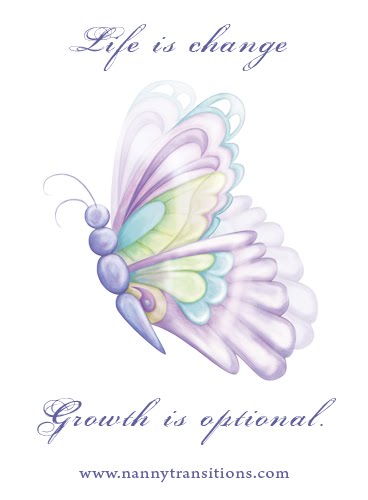By Marni Kent
Sadness…from time to time, days, weeks or months can feel hopeless and without relief. This can come in many forms, loss of a job, relationship, friend or even a longtime pet. During these challenging times, it may seem as life cannot go on, or at least not in the manner you are accustomed to. Grieving is a struggle that should be expected during these unfortunate times. As difficult as it may be at times, try and view this time as an opportunity for new and exciting challenges.
Life as you once knew it may not be the same, but change is good, embrace it. Opinions vary a lot on this subject, but one consistency always evident, grieving is a process regardless of the life changing event. Some will take longer than others to overcome, but with your will and perseverance you will find your way once again. When you do, you can move forward and on.
The process grieving itself is many times only associated with death or the dying. This could not be further from the truth. People define themselves in different ways, their job, a relationship, their family. All of this is normal. We are from childhood to death a product of our environments, not just one environment, but many as we age. The discourse of how best to cope with the loss is as individual as the opinions about the subject. What is suggested in a text book or from a so called expert may simply not work for you. Grieving will take a predictable pattern, but you have to be willing to let it run it’s course.
Denial and/or refusal to accept your circumstances typically will be your initial challenge. Take a breath, see the loss for what it is and let the aforementioned process begin.
Your anger over what transpired will be ever present. Like sadness, angst is a powerful emotion with explosive tendencies. It’s an impressive sight watching an adult allow their emotions get the best of them. Actually, it can be a very frightening event, anger is normal, but control it, don’t let it control you.
Pleading or bargaining, this stage is or can be frustrating. You ask, why not me, why her/him. You are trying to get an answer to something there may not be an answer for, remember your dealing with the human kind, sometimes there is no right or wrong answer to this question.
The guilt associated with loss is normal. Feeling guilty for the said, the unsaid, in-action is typical. It is a normal aspect of the grieving process.
Acceptance, there comes a time when reality will set in that there is nothing you can say or do to regain or remedy the life altering events. It is part of life, it’s up to you to accept your new circumstances so you can move forward.
Your will to move forward depends on your drive to be happy again. Some people may never attain the stage of having hope and willingness to be happy again. There is no shame or dishonor in feeling happy again after someone has passed. Achieving this stage of the process can be difficult, but given time and your determination it will be upon you before you know it. During this especially challenging time, be focused on other very important personal things, your health, diet, re-establishing family ties, reflecting on your career goals, and be clear about what really makes you happy.
Lastly, always remember, there are great numbers of very successful people that have experienced significant failures. But instead of wallowing in their failures, they picked themselves up, dusted themselves off and use the failure as opportunity and lesson of how to be stronger and more successful than they originally were striving for. When you overcome difficult times, you become stronger, more disciplined and driven. With all these new found personal attributes, you will need to find balance. Use your wisdom and experience to achieve it. Remember, life is about decisions, as time goes, we become these decisions.
Marni Kent has been a professional nanny for almost 27 years. She has cared for children of all ages, and was the International Nanny Association Nanny of the Year in 2002


